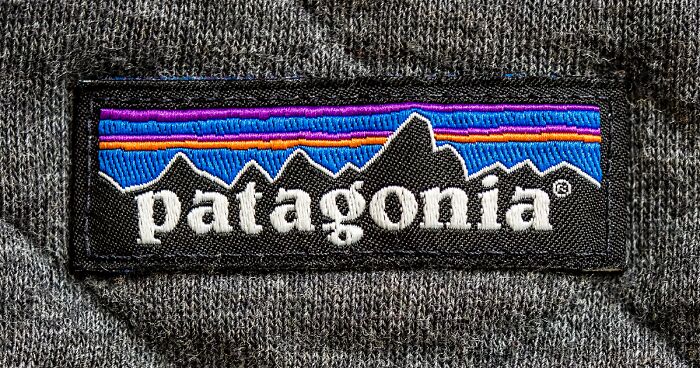
Billionaire Owner Gives Away Patagonia As Last Resort In Fighting Climate Change
You know, it is strange how much we talk about going extinct and yet somehow hope that it’s purely a matter of fiction. All the doomsday movies, sci-fi books depicting dystopian scenarios, the continuous news of records being broken by weather phenomena, the war, the disease, the famine. And yet, we go to bed thinking life will continue.
We need to change in order to stop the change that is currently occurring right before us. Some of us are going vegan or attempting to cut our waste production, while certain millionaires chill in their private jets on their way to buy some organic coconut-almond milk.
The disconnect is present between those who have little and those who can actually make a difference, but one company has stepped up and provided an example unseen before. Patagonia declared on Wednesday that their sole shareholder would from now on be Earth itself. What does that mean and entail? Let’s dive in and see.
More info: Patagonia
Patagonia’s founder Yvon Chouinard declared in a recent press release that the company will have one shareholder going forward—the Earth itself
Image credits: patagonia
“If we have any hope of a thriving planet—much less a business—it is going to take all of us doing what we can with the resources we have. This is what we can do,” wrote Yvon Chouinard, an American rock climber, environmentalist, philanthropist and founder of Patagonia. In the press release posted on Wednesday, September 14, he declared that the company will have one shareholder going forward—the Earth itself.
Witnessing the extent of global warming and their contribution to ecological destruction, Patagonia has committed to changing the pattern. “If we could do the right thing while making enough to pay the bills, we could influence customers and other businesses, and maybe change the system along the way,” the press release said.
Image credits: patagonia
However, it seemed to not be enough: “While we’re doing our best to address the environmental crisis, it’s not enough. We needed to find a way to put more money into fighting the crisis while keeping the company’s values intact.”
Yet, he admitted their options were limited. They could sell Patagonia and donate the proceeds, but then they wouldn’t be able to assure the future direction or values of the company. Another option they considered was going public, but that would have created far too much pressure to create short-term gain for shareholders at the expense of long-term responsibility.
Witnessing the extent of global warming and their contribution to ecological destruction, Patagonia became committed to changing the pattern
Image credits: Travpacker.com (not the actual photo)
“Truth be told, there were no good options available. So, we created our own,” Yvon said. “Instead of ‘going public,’ you could say we’re ‘going purpose.’ Instead of extracting value from nature and transforming it into wealth for investors, we’ll use the wealth Patagonia creates to protect the source of all wealth.”
So what does this actually mean? 100% of the company’s voting stock (shares that give the stockholder the right to vote on matters of corporate policy making) will be transferred to the Patagonia Purpose Trust, created to protect the company’s values. Then 100% of the nonvoting stock (stock that provides the shareholder very little or no vote on corporate matters) will be given to the Holdfast Collective, a nonprofit dedicated to fighting the environmental crisis and defending nature.
The voting stock makes up 2% of the total amount of Patagonia’s stock, with the nonvoting stock sitting at around 98%.
From using materials that cause less harm to the environment, to giving away 1% of sales per year, they have changed the company’s purpose to saving the planet
Image credits: Nicolás Boullosa (not the actual photo)
Each year, the profit Patagonia makes, after reinvesting in the business, will be distributed as a dividend to help fight the crisis. “If we have any hope of a thriving planet—much less a thriving business—50 years from now, it is going to take all of us doing what we can with the resources we have,” said the press release. “This is another way we’ve found to do our part.”
Yvon admitted that he “never wanted to be a businessman,” but, as a mountain climbing enthusiast, he just wanted to make climbing gear for himself and his friends before getting into apparel. Eventually Patagonia became a hugely successful sportswear brand with a cult following.
“While we’re doing our best to address the environmental crisis, it’s not enough,” Yvon said. Thus, they redistributed the full stock between two entities
Image credits: Backbone Campaign (not the actual photo)
Founded in 1973, Patagonia’s sales were worth around $1.5Bn this year, while Yvon’s net worth is estimated at $1.2Bn. Yet Yvon shudders in disgust at the numbers. “I was in Forbes magazine listed as a billionaire, which really, really pissed me off,” he said, as reported by The Guardian. “I don’t have $1Bn in the bank. I don’t drive Lexuses.”
Yvon isn’t the first billionaire to step up in saving the Earth. Microsoft founder Bill Gates vowed to “drop off” the world’s rich list as he made a $20Bn donation to his philanthropic fund this year. Last year, the boss of the Hut Group, which owns a range of online beauty and nutrition brands, donated £100M to a charitable foundation after becoming a billionaire when his firm was listed.
2% of the voting stock will go to the Patagonia Purpose Trust to protect the company’s values and 98% of nonvoting stock will be given to the Holdfast Collective
Image credits: ajay_suresh (not the actual photo)
Yet, many would agree that much more can be done by those with the most capability, and yet it seems difficult to implement as the clash of values continues. Charles Conn, Patagonia’s board chair, noted that some side with Milton Friedman’s viewpoint, stating that the only responsibility of any business is to generate profits for shareholders, while others believe companies have broader responsibilities to society and the environment.
The world is literally on fire and Charles believes that this move by Patagonia is not an example of “woke capitalism,” but rather “the future of business, if we want to build a better world for our children and all other creatures.”
“If we have any hope of a thriving planet—much less a business—it is going to take all of us doing what we can with the resources we have,” Yvon said
Image credits: Dave Dugdale (not the actual photo)
Although companies may be worried about pleasing shareholders, many should consider their long-term goals, as purpose-led companies will attract more investment, better employees, and deeper customer loyalty. It’ll be interesting to see how this new example in environmental corporate leadership changes the playing field of businesses in the near future.
“The Earth’s resources are not infinite, and it’s clear we’ve exceeded its limits. But it’s also resilient. We can save our planet if we commit to it.” Let us know your thoughts on this move. Do you believe this will set a great example for other businesses to follow? Or do you think this is too little? Also, don’t forget to upvote for more intriguing content and to follow the author to show your support!
People are applauding this move and hope that it will set a much-needed example for other businesses. Let us know your thoughts in the comments below!
9Kviews
Share on FacebookI mean... That's cool and all, but the last time my husband ordered from there, his order (3 items) came in 3 different shipments, delivered on different days, and all wrapped in plastic.
I guess the point is that he is stopping this. He did what he could to try to make things better.
Load More Replies...I mean... That's cool and all, but the last time my husband ordered from there, his order (3 items) came in 3 different shipments, delivered on different days, and all wrapped in plastic.
I guess the point is that he is stopping this. He did what he could to try to make things better.
Load More Replies...
 Dark Mode
Dark Mode 

 No fees, cancel anytime
No fees, cancel anytime 






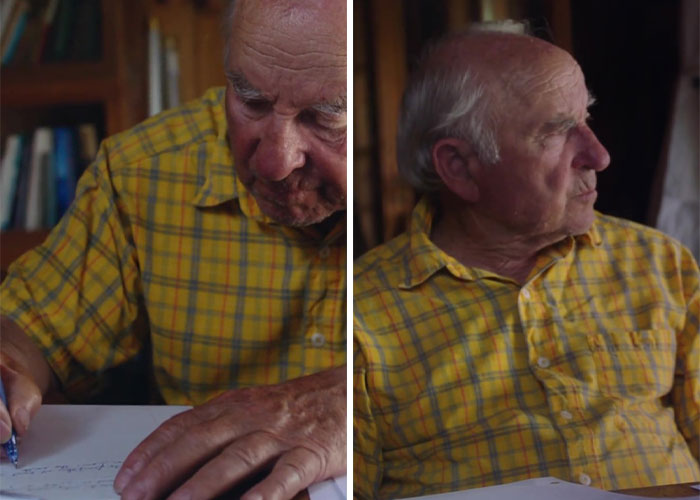
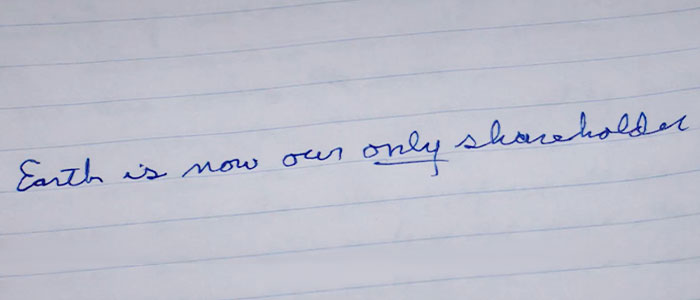
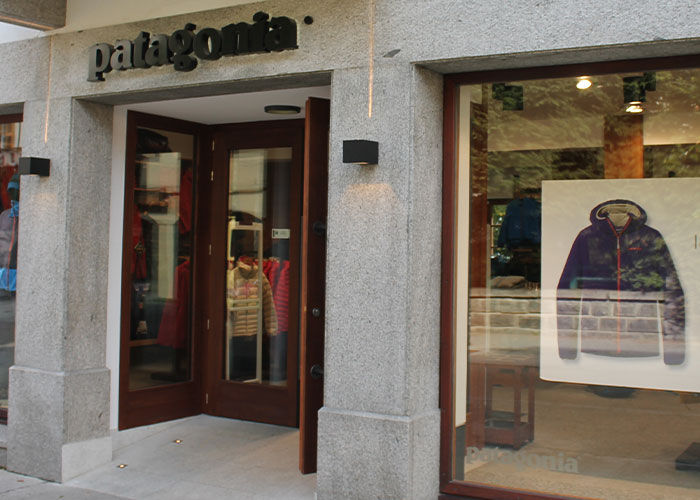
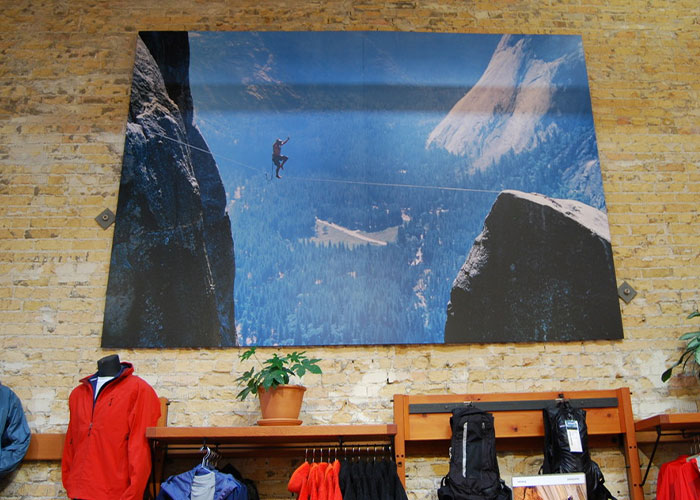
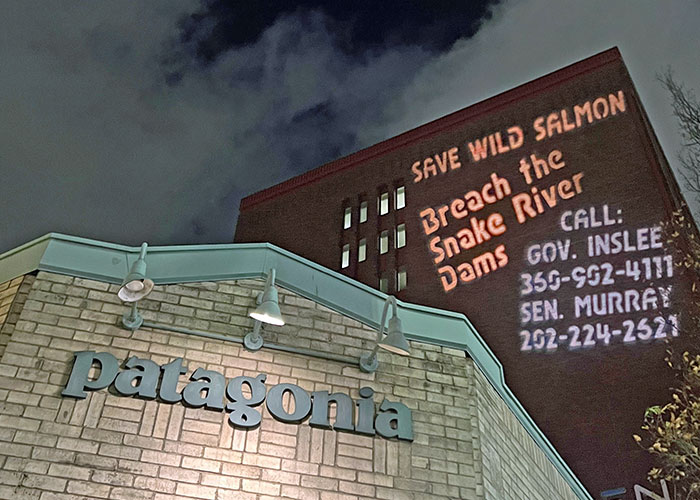
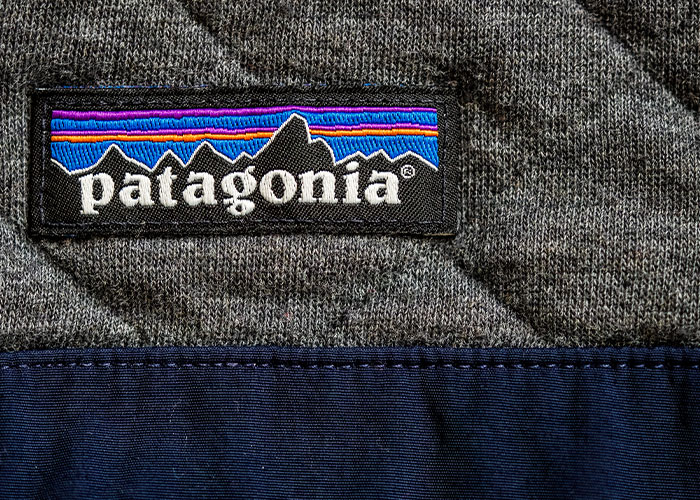
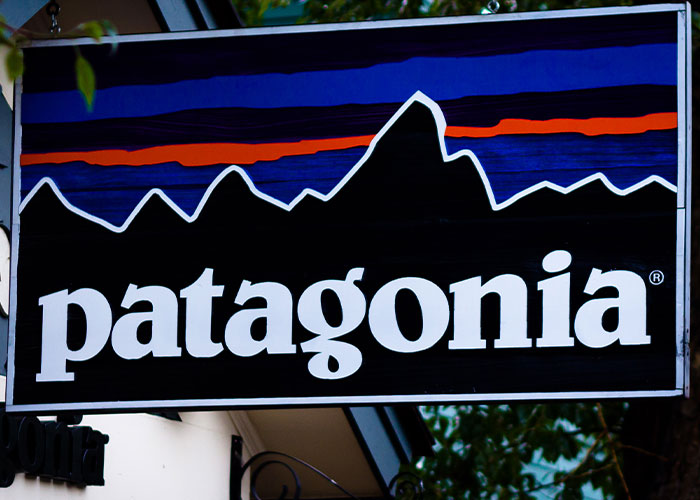



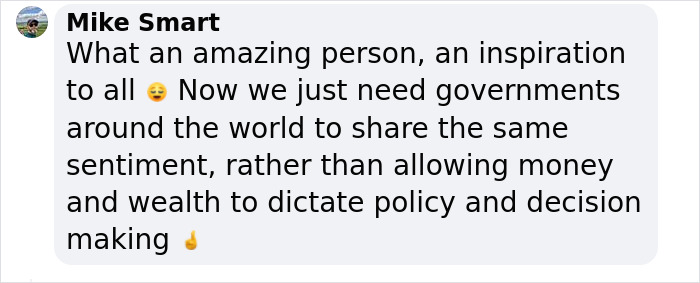



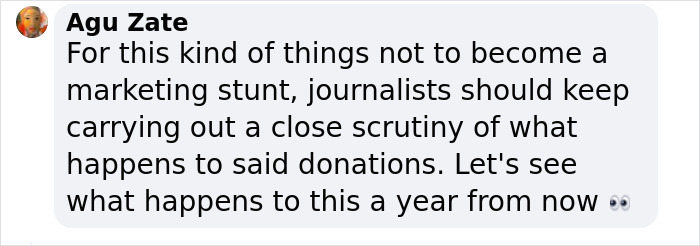

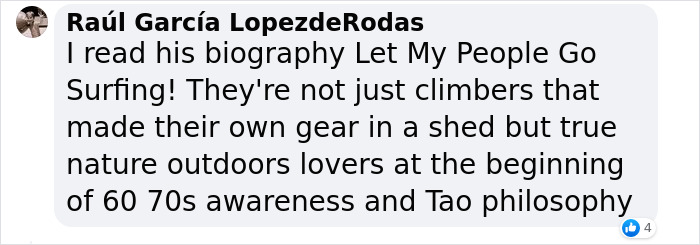















































98
13